Greens manipulating Blacks is how I remember Coronation Hill, my introduction to Aboriginal politics and the environmentalists who used them. I was a backbencher in the Hawke government. I was so angry at the cabinet’s decision to prevent the mine from reopening and fold the area into Kakadu National Park that I moved a caucus resolution to overturn it. The ministry was locked in, so it had no hope of success, but it was satisfying to debate the Prime Minister.
Coronation Hill was a gold, platinum, and palladium mine mothballed for 50 years. Resources Minister Senator Gareth Evans described the area as ‘clapped out buffalo country’. The local environmentalists thought otherwise. ABC television coverage showed films of Kakadu Falls to East Coast voters, suggesting that the mine would damage the falls. It was a deception. The mine site was miles away and unrelated to the water course.
Dr Ron Brunton of the Institute for Public Affairs informed me of the anthropological background of the story. Aboriginal beliefs in the spirit of Bula were ‘of recent origin’. I attended meetings where environmentalists and Aboriginal men presented their cases. It was the start of my long journey in Aboriginal policy and politics.
The Coronation Hill mining lease was outside Kakadu National Park. The local Jawoyn people believed the hill at the mine site, which they call Guratba, contained the spirit of Bula. Elders protested the lease because if mining were allowed in ‘sickness country,’ it would destroy their ceremonial standing and ‘bring physical disasters.’
The cabinet meeting was scheduled for 30 May 1991, and journalists expected fireworks, given that Hawke was lining up against Paul Keating and ministers Bob Collins, Peter Cook, John Kerin, and John Button. Senator Graham Richardson infamously referred to the Jawoyn stance and their spirit Bula as ‘Bula-shit’. Still, he advised the Party and the Prime Minister that green preferences were needed to survive the next election.
Keating challenged Hawke on 30 May, and the Coronation Hill resolution was deferred until after the leadership ballot. Keating was absent at the subsequent 18 June meeting, which debated Coronation Hill. My spies in the cabinet described the scene. The numbers were 12 for the mine and six against. Each member spoke, and when it came to Kim Beazley, Deputy Prime Minister, he said to Hawke, ‘Well, Bob, it’s your government’. And so it was, for a brief period. There was no vote, and Hawke proceeded as if he had the cabinet behind him. It’s always a dangerous gambit.
At the release of the cabinet papers, Hawke said, ‘I was annoyed beyond measure by the attitude of many of my colleagues and their cynical dismissal of the beliefs of the Jawoyn people and I think I made one of the strongest and bitterest attacks I ever made on my colleagues in the cabinet when I was addressing this issue.’
‘There is no doubt this was one element in my loss of leadership as there was a great deal of antagonism amongst my colleagues as to the intensity of the remarks I made. But this was something I felt very deeply about.’
Hawke’s memoirs recall, ‘The monumental hypocrisy of this position is mind-boggling. The same people who denigrate blacks in this way can easily accommodate and embrace the bundle of mysteries that make up their white Christian beliefs. The virgin birth, the holy trinity, God in his question mark heaven. Where is he?’
A colleague, Senator Bob Collins, said of the meeting, ‘It was pretty bloody personal and very nasty, and everyone started walking out. And Hawke just sat there. I was in the doorway, with about half a dozen other ministers, sort of walking through, and people were just shaking their heads, because everyone knew this decision stinks ... Bob called out after us, ‘Oh, well, everybody’s happy about this now, are they? Six people just turned on him and actually walked back to the table, and I was one of them, and said, No, we’re bloody well not. And don’t you dare, you know, walk away with that impression. We’re supporting you because a decision’s been made, but none of us are bloody happy about it.’
Hawke was personally at a low ebb and overly emotional. It was a signal moment in Aboriginal and environmental politics, with echoes in the debates over Jabiluka uranium at Kakadu and the Regis gold mine at Blayney, NSW.
Gary Johns is chair of Close the Gap Research










